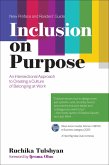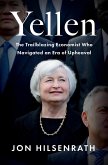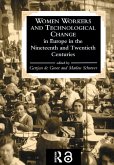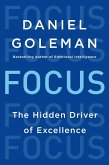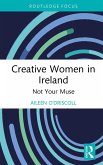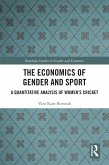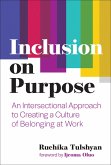The economics profession is belatedly confronting glaring gender inequality. Women are systematically underrepresented throughout the discipline, and those who do embark on careers in economics find themselves undermined in any number of ways. Women in the field report pervasive biases and barriers that hinder full and equal participation-and these obstacles take an even greater toll on women of color. How did economics become such a boys' club, and what lessons does this history hold for attempts to achieve greater equality?
Gender and the Dismal Science is a groundbreaking account of the role of women during the formative years of American economics, from the late nineteenth century into the postwar period. Blending rich historical detail with extensive empirical data, Ann Mari May examines the structural and institutional factors that excluded women, from graduate education to academic publishing to university hiring practices. Drawing on material from the archives of the American Economic Association along with novel data sets, she details the vicissitudes of women in economics, including their success in writing monographs and placing journal articles, their limitations in obtaining academic positions, their marginalization in professional associations, and other hurdles that the professionalization of the discipline placed in their path. May emphasizes the formation of a hierarchical culture of status seeking that stymied women's participation and shaped what counts as knowledge in the field to the advantage of men. Revealing the historical roots of the homogeneity of economics, this book sheds new light on why biases against women persist today.
Gender and the Dismal Science is a groundbreaking account of the role of women during the formative years of American economics, from the late nineteenth century into the postwar period. Blending rich historical detail with extensive empirical data, Ann Mari May examines the structural and institutional factors that excluded women, from graduate education to academic publishing to university hiring practices. Drawing on material from the archives of the American Economic Association along with novel data sets, she details the vicissitudes of women in economics, including their success in writing monographs and placing journal articles, their limitations in obtaining academic positions, their marginalization in professional associations, and other hurdles that the professionalization of the discipline placed in their path. May emphasizes the formation of a hierarchical culture of status seeking that stymied women's participation and shaped what counts as knowledge in the field to the advantage of men. Revealing the historical roots of the homogeneity of economics, this book sheds new light on why biases against women persist today.
Dieser Download kann aus rechtlichen Gründen nur mit Rechnungsadresse in A, D ausgeliefert werden.



